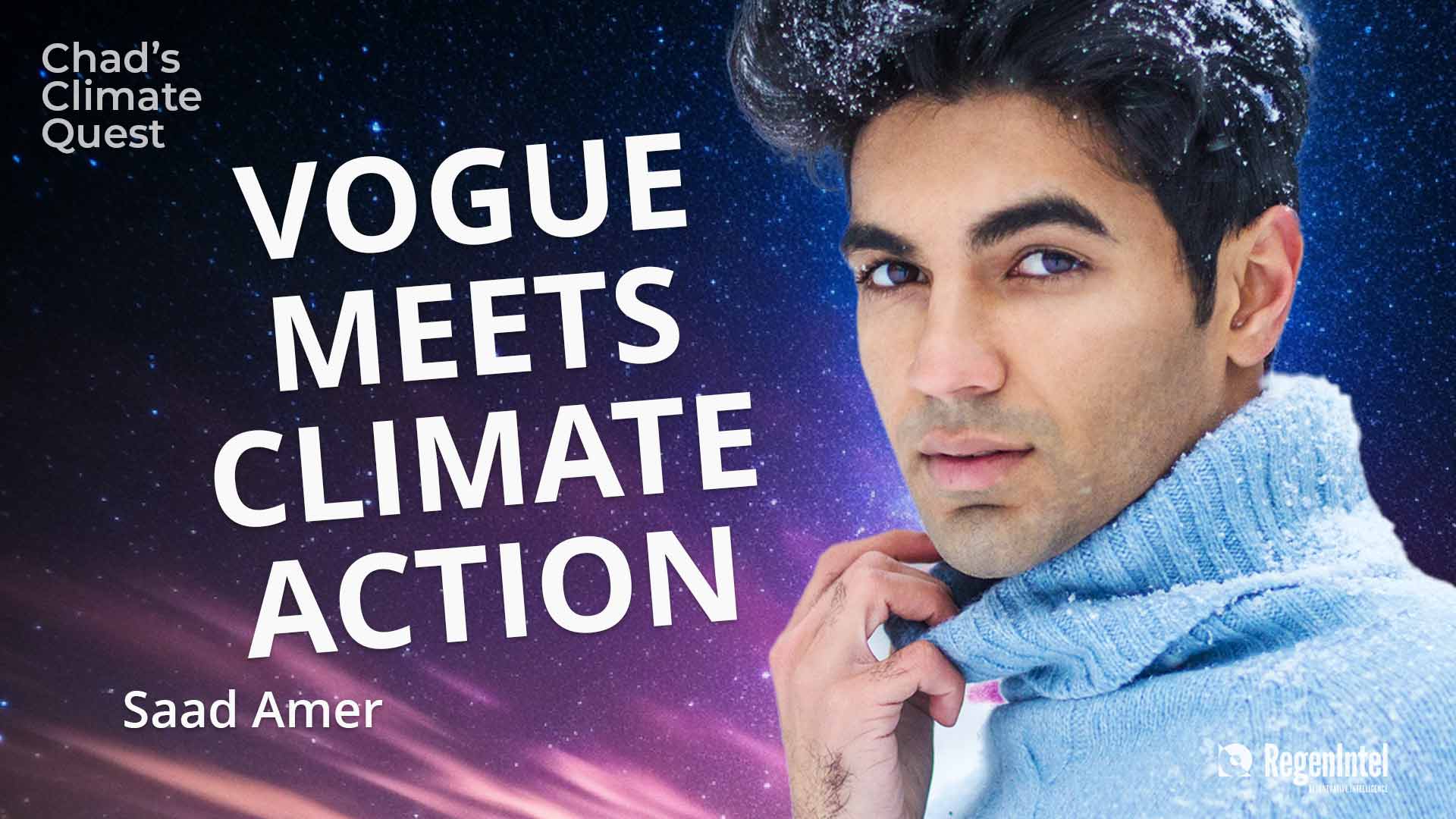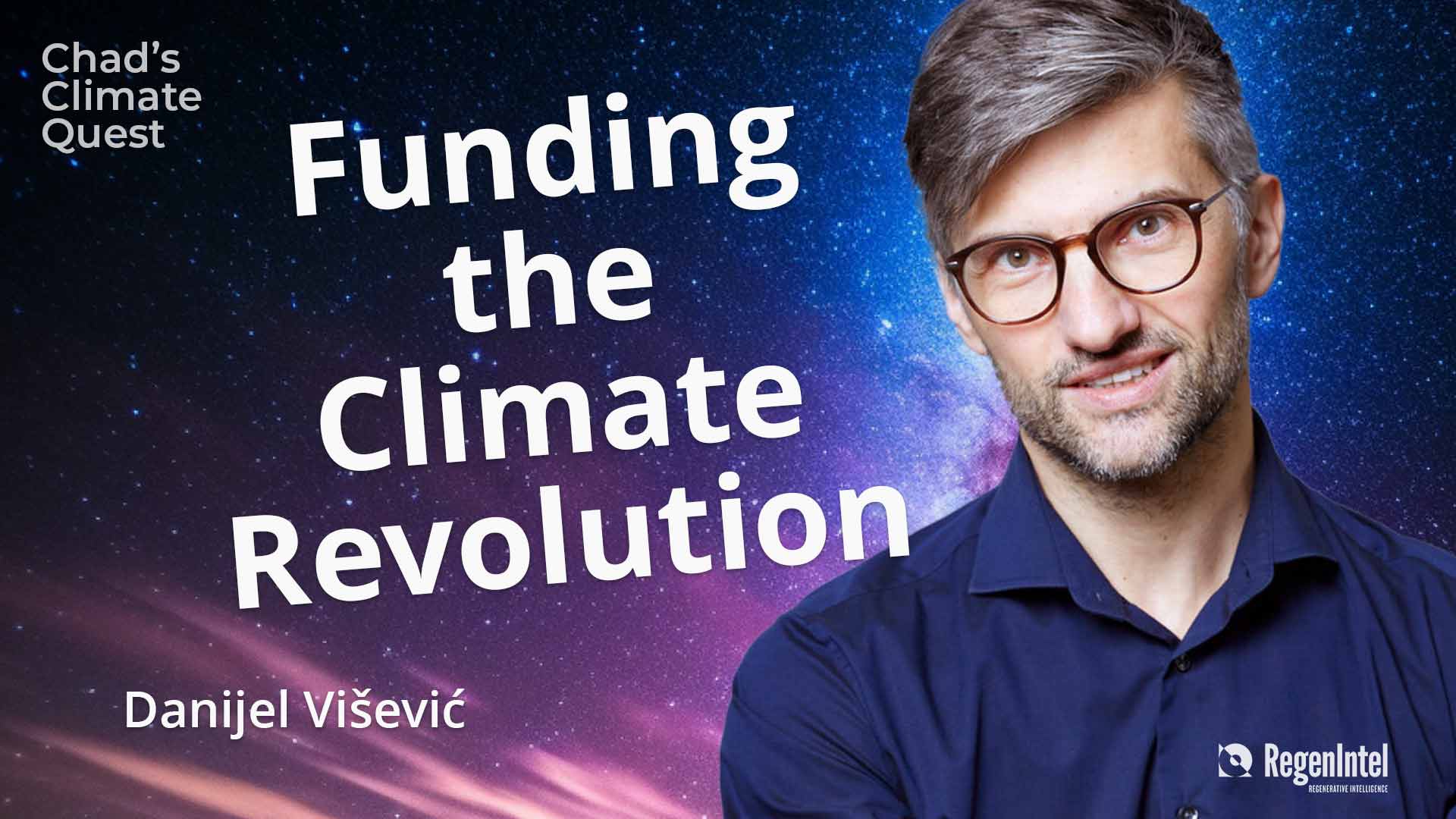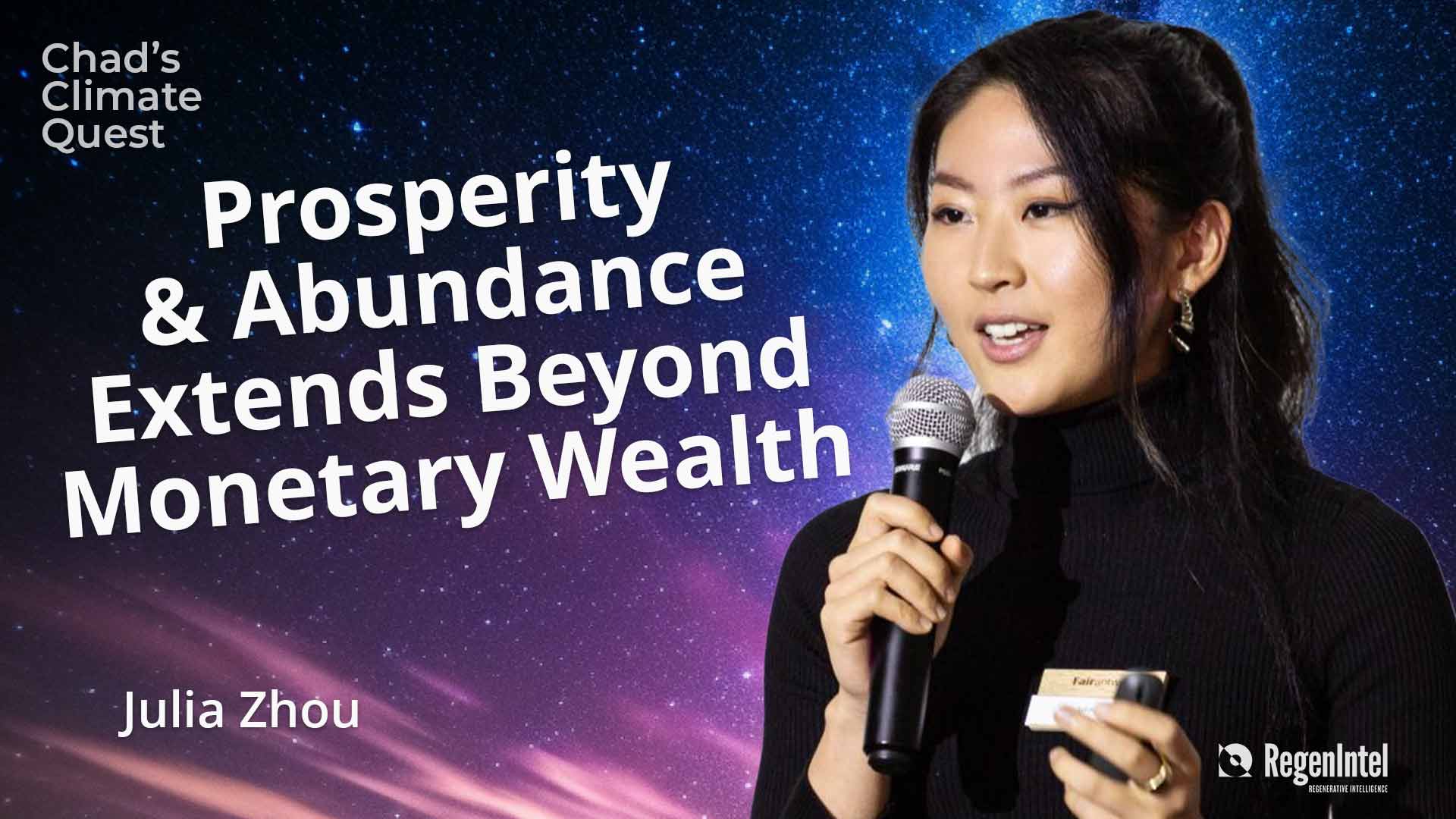Dr. Renée Lertzman, a psychologist and climate strategist, often speaks about how we can move forward from the cycles of hope and despair around climate change by shifting the way we engage emotionally and psychologically.
In this episode of Chad’s Climate Quest, Renée asks us to consider that people do care about climate, but they are struggling with how to find the way out of this global mess.
If we reframe how we view emotional responses to climate change not as barriers, but as gateways to deeper engagement and meaningful action, we may find more capacity to move forward. She advocates for holding space for the full range of emotional responses to the climate crisis. Transformation comes through connection, not isolation. As with many polarizing or traumatic issues, we should focus not only on data or urgency, but also tap into what people care about and create safe spaces for dialogue. Renée’s view is that we must be able to recognize our feelings of shame or paralysis in order to move into empowered action.
In this episode of Chad’s Climate Quest, our host Chad Frischmann connects with Renée on a deeper level, discussing their own connection to each other and exploring the benefits of building emotional relationships to foster action and resilience. Renée emphasizes the importance of vulnerability in leadership, particularly within the context of addressing climate change. Leaders who embrace vulnerability can foster authentic personal storytelling and set the tone for open sharing throughout an organization.
Renée’s own journey into environmental psychology began during her undergraduate studies at the University of California, Santa Cruz. Initially she focused on psychology, but it was an introductory environmental studies course that had a profound impact on her. She began to question why environmental crises are not a higher priority in psychological fields, and vice versa. This led her to pursue interdisciplinary studies, earning a Master's in Environmental Communications from the University of North Carolina at Chapel Hill and a Ph.D. from Cardiff University School of Social Sciences in the UK. Her doctoral research introduced the concept of the "myth of apathy," exploring the psychological dimensions of environmental engagement. This work laid the foundation for her 2015 book, “Environmental Melancholia: Psychoanalytic Dimensions of Engagement.”
The founder of Project InsideOut, she leads kiman initiative that provides tools and resources to support individuals and organizations in driving sustainable behavior change by integrating psychological insights into their approaches. As a consultant, partner, and advisor, Renée bridges strategic communications, climate initiatives, and organizational psychology. She works with clients to transform leadership approaches, develop effective strategies, and cultivate organizational cultures that support climate goals and targets. Her approach acknowledges the complex emotions individuals experience when considering sustainable behavior changes, aiming to create authentic and effective solutions.













